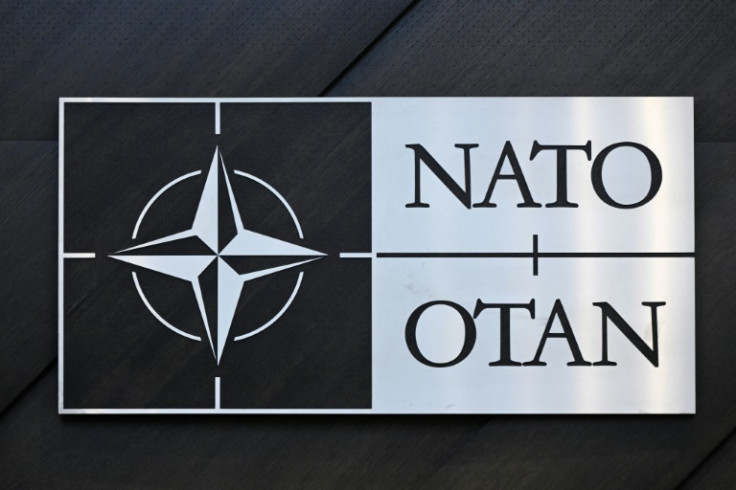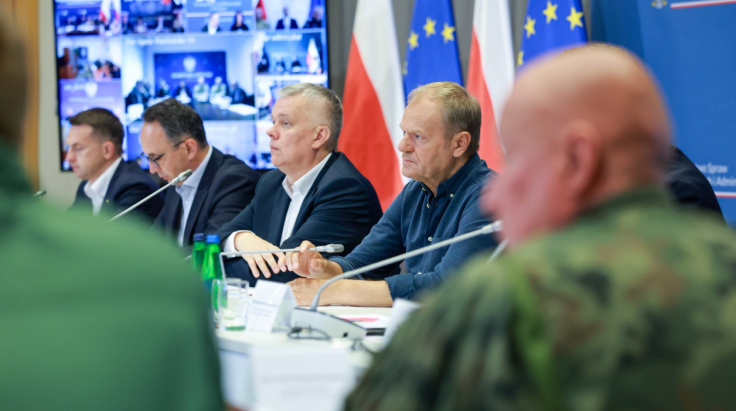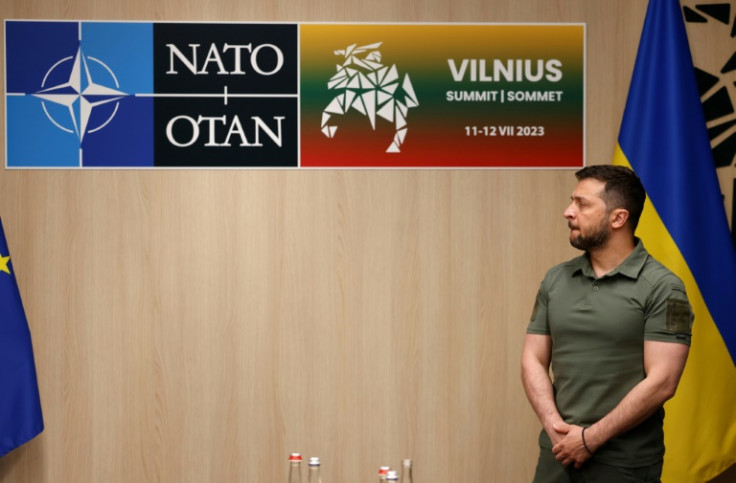What Is NATO Article 4? Here's Why the Polish Prime Minister Wants It Triggered ASAP
Since its inception in 1949, Nato's Article 4 has been invoked seven times.

Poland's Prime Minister Donald Tusk has announced that his government will formally invoke NATO's Article 4, after 19 Russian drones crossed into Polish airspace during a massive aerial bombardment of Ukraine.
The unprecedented breach, some of which was intercepted by Polish defences, marks a significant escalation and raises urgent questions about NATO's next steps.
But what clauses does NATO Article 4 consist of, and why was its requirement so urgent?
What Article 4 Means
Article 4 of the North Atlantic Treaty does not automatically trigger military action. Instead, it requires allies to convene for consultations whenever a member state believes its territorial integrity, political independence, or security is under threat.
💬 Premier @DonaldTusk w #SejmRP: Zestrzelenie dronów zagrażających naszemu bezpieczeństwu to sukces wojsk polskich i NATO, który jednocześnie zmienia sytuację polityczną. W związku z tym konsultacje sojusznicze przybrały charakter formalnego wniosku o uruchomienie art. 4…
— Kancelaria Premiera (@PremierRP) September 10, 2025
'Allied consultations have now taken the form of a formal request to activate Article 4 of the North Atlantic Treaty,' Tusk told lawmakers in Warsaw, adding that the move followed talks with Polish President Karol Nawrocki.
By contrast, Article 5, the alliance's well-known collective defence clause, treats an attack on one member as an attack on all, potentially paving the way for military response. According to NATO's website, Article 4 is designed as an early-warning system that allows NATO members to assess threats, coordinate responses, and deter escalation before open conflict arises.
The Drone Breach That Sparked Alarm
According to reports, the request comes after Russian drones violated Polish airspace on early Wednesday during overnight strikes on Ukraine. Poland confirmed it had deployed fighter jets to respond, joined by Dutch aircraft under NATO command.
The two nations share a long and complex history of geopolitical conflicts, spanning invasions, civil wars, and both World Wars. However, following the recent activities by Russia, PM Tusk has stated that the 'situation brings us the closest we have been to open conflict since World War II.'

Colonel Martin L. O'Donnell, spokesperson for the Supreme Headquarters Allied Powers Europe (SHAPE), said it was the first time NATO aircraft had engaged potential threats inside allied skies. German Patriot missile batteries in Poland were also reportedly put on alert, while Italian early warning and refuelling planes supported the operation.
'This is more than a minor incident,' warned Lieutenant Commander Artur Bilski, a former NATO officer, in comments to Polish outlet Radio ZET. 'We absolutely should apply Article 4...so far, we have had incidents, but here we have a large-scale and deliberate action.'
Why It Matters for NATO
For Warsaw, the drone incursion is not just about airspace; it is about testing the alliance's resolve. Analysts suggest Moscow may be probing NATO's ability to respond cohesively, especially with renewed questions about US commitment under President Donald Trump.

'NATO showed strong cohesion in its response, but with Trump back in power, the alliance is at its weakest point in decades, and Russia will almost certainly keep probing,' geopolitical analyst Pekka Kallioniemi, who studies Russian disinformation told Newsweek.
The concern is not theoretical. Since NATO's founding in 1949, Article 4 has been invoked only seven times, most recently by Eastern European allies in February 2022 after Russia's full-scale invasion of Ukraine. Each time, the consultations reinforced NATO's political dimension but stopped short of direct military action.
What Happens Next
Poland's request will bring the issue before the North Atlantic Council, NATO's main decision-making body. As per the protocol, allies will weigh whether the drone breach requires heightened surveillance, troop deployments, or additional defensive measures.
While a decision to escalate to Article 5 would require unanimous agreement which something experts say is unlikely at this stage, the consultations are expected to result in stronger deterrence measures along NATO's eastern flank.
Geopolitical analysts caution, however, that outcomes may vary. 'The most interesting outcome will be whether this leads only to strongly worded letters and condemnations, or to actual, concrete decisions,' Kallioniemi told Newsweek.
© Copyright IBTimes 2025. All rights reserved.





















